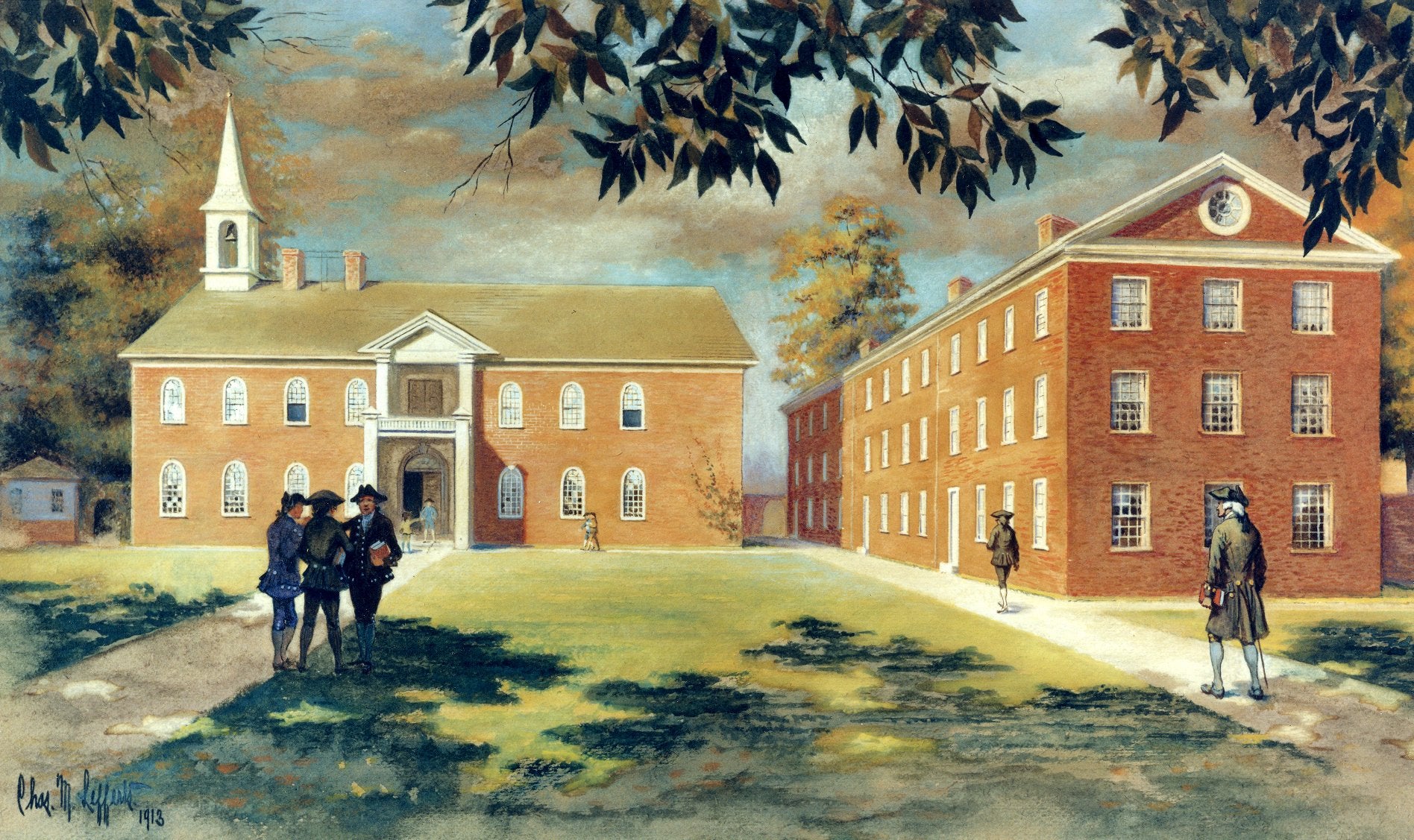James Irvine was born in Philadelphia, the son of Irish immigrant George Irvine and Mary Rush. As a young man, James became a hatter and then entered the Pennsylvania militia in 1760, spending most of his service along the northern frontier of Pennsylvania. By 1763, he was promoted to captain.
Irvine was among the first to support the move for independence from Britain. In 1775 he was made captain of the first group of Philadelphia Associators, and quickly fought in a number of campaigns. By the fall of that year, when field officers were being commissioned for the Continental Army, Irvine was made a lieutenant-colonel. A year later, after continued military action in Virginia and Canada, he rose to the rank of colonel. Irvine, however, resigned because he had not been promoted to general. Soon after this resignation, he was made brigadier-general of the Pennsylvania militia.
When Irvine returned to the battlefield, he was taken prisoner by the British in a skirmish in Chestnut Hill outside of Philadelphia. His repeated pleas to Congress for his exchange were slow to bring results; he was held captive in New York, and then Flushing, Long Island, until 1781. Nearly four years after his capture, he was released, having lost three left fingers and suffered neck injuries in the Chestnut Hill skirmish.
After the war he served, as a Constitutionalist, on Pennsylvania’s Supreme Executive Council from 1782-1785, and then the next year in the commonwealth’s General Assembly. When the Constitutionalist party lost its support in 1786, Irvine’s political career was ended. Irvine’s military service was of longer duration; he served from 1782-1793 as a major-general in the Pennsylvania militia. In 1819 he died in Philadelphia after a long illness.
As vice president of the Pennsylvania Supreme Executive Council (the equivalent of lieutenant-governor) from 1784 to 1785, Irvine became an ex officio trustee of the University of the State of Pennsylvania. He continued as an elected trustee until the 1791 union of the College of Philadelphia and the University of the State of Pennsylvania to form the University of Pennsylvania.

